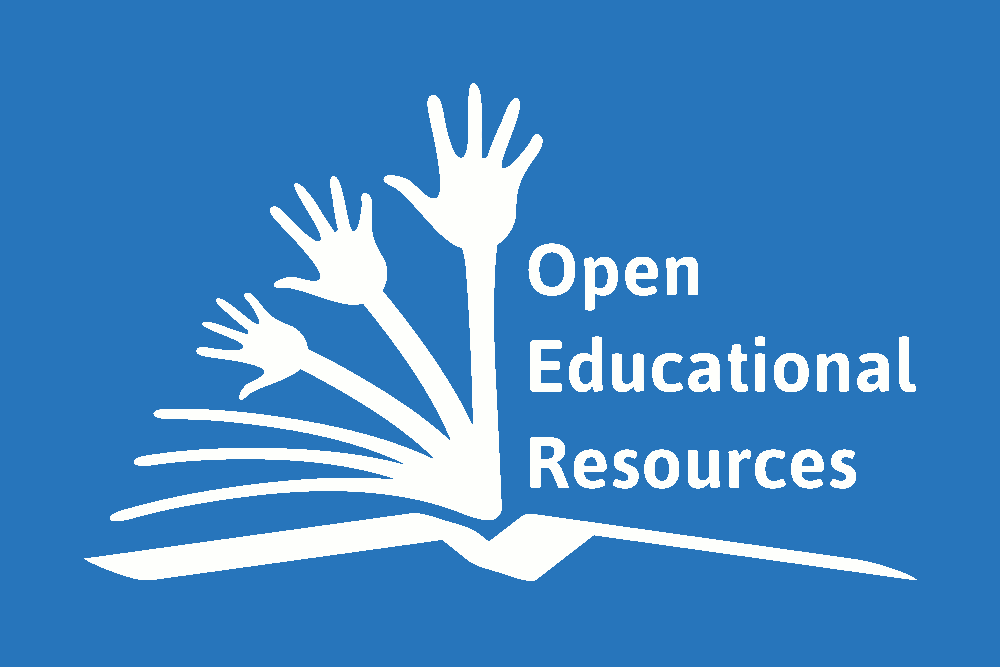So, let's say someone asks me, "Hogan, what are you studying?"
Here's my working answer:
You know when a person joins a new group - like a job, a college major, or a community group? I want to know how that person learns to write for the new group.
For example, if a woman finishes school and gets a job in a for-profit environmental engineering company, how does she learn to write the memos, reports, proposals, even the everyday emails?
How does she learn to write those things so that she "sounds" like a member of the company?
How does she learn to not only "sound" like a member of the company, but also have her own distinct voice?
I get the "What are you studying?" question a lot, and I always struggle to produce the clear and brief answer I know people are looking for. You know, the elevator pitch version.
What do you think of the current working answer? Do you think people might want to hear more after getting that answer?
Because, of course, I want to keep going. But I only want to keep going if people are interested.
Are you interested? Because...
The theory I'm working with suggests that people have to build new writing knowledge whenever they try to join a new group.
 They reshape their old knowledge using resources around them: advice from others, writing samples, online examples, templates, criticism, praise, and the list goes on.
They reshape their old knowledge using resources around them: advice from others, writing samples, online examples, templates, criticism, praise, and the list goes on.I think some people are called "good writers" because they move quickly through this process.
And I think those who move quickly have honed a specific skill: The ability to identify resources that will help them learn to write for a new group.
If I can produce evidence of that, I can argue that our writing classrooms should teach people how to spot and evaluate those resources.
So, what do you think?
3 comments:
I think this applies to less official forms of writing as well - how you compose a tweet for social purposes, Facebook status updates, personal blogging... I know my tone is different whether I'm sending out an email as co-president of the PTO or causally asking a friend a question via email. I know this isn't quite the type of writing you mean, but that's what comes to mine. It's an interesting topic.
Do you think people who read social cues well are better at picking up differences of tone in writing?
Oops, that's what comes to MIND... I really must learn to proof read, even in blog comments!
Kelsey, writing on social media is a completely legit avenue for exploring this question.
In fact, one of my peers is focusing on how people utilize feedback on micro-blogs to learn to write better.
And you bring up a great point. Users find it pretty easy to "switch personas" when on social media. The email from the PTO is a very different thing than the email from a close friend.
I actually spend a lot of my teaching time trying to get students to practice that "switch," and to reflect on how and why they make those switches.
Post a Comment